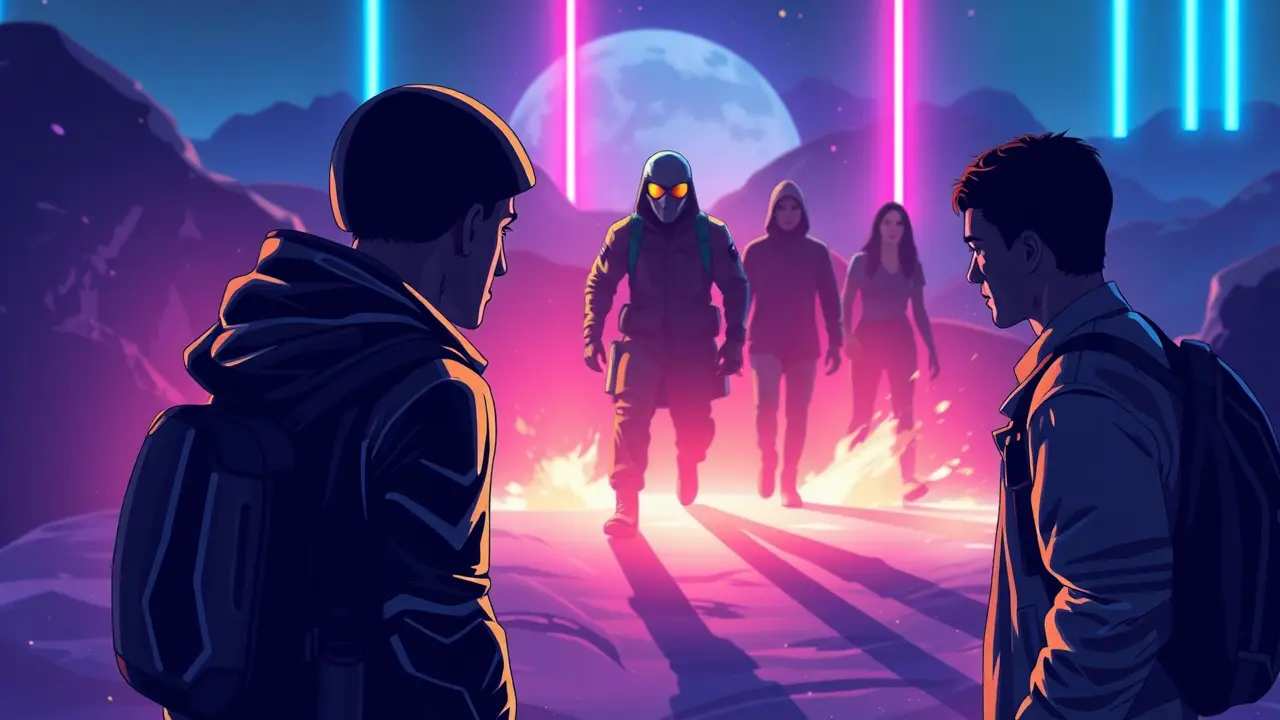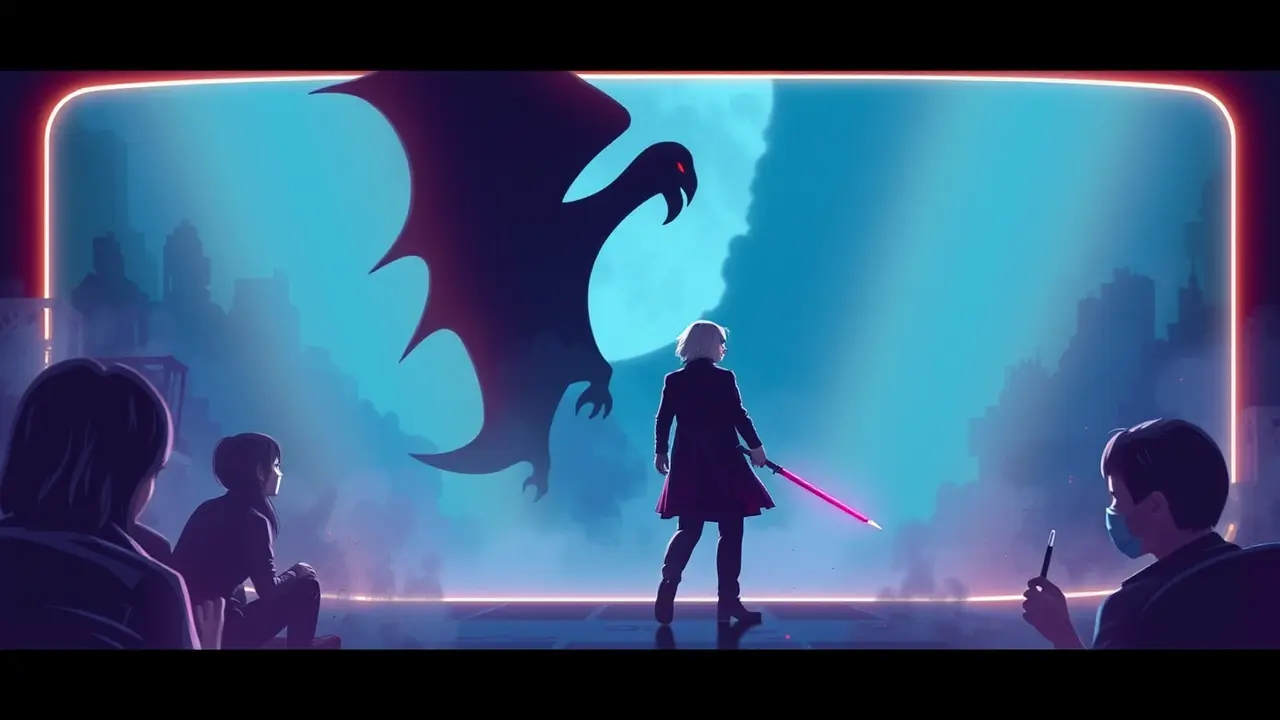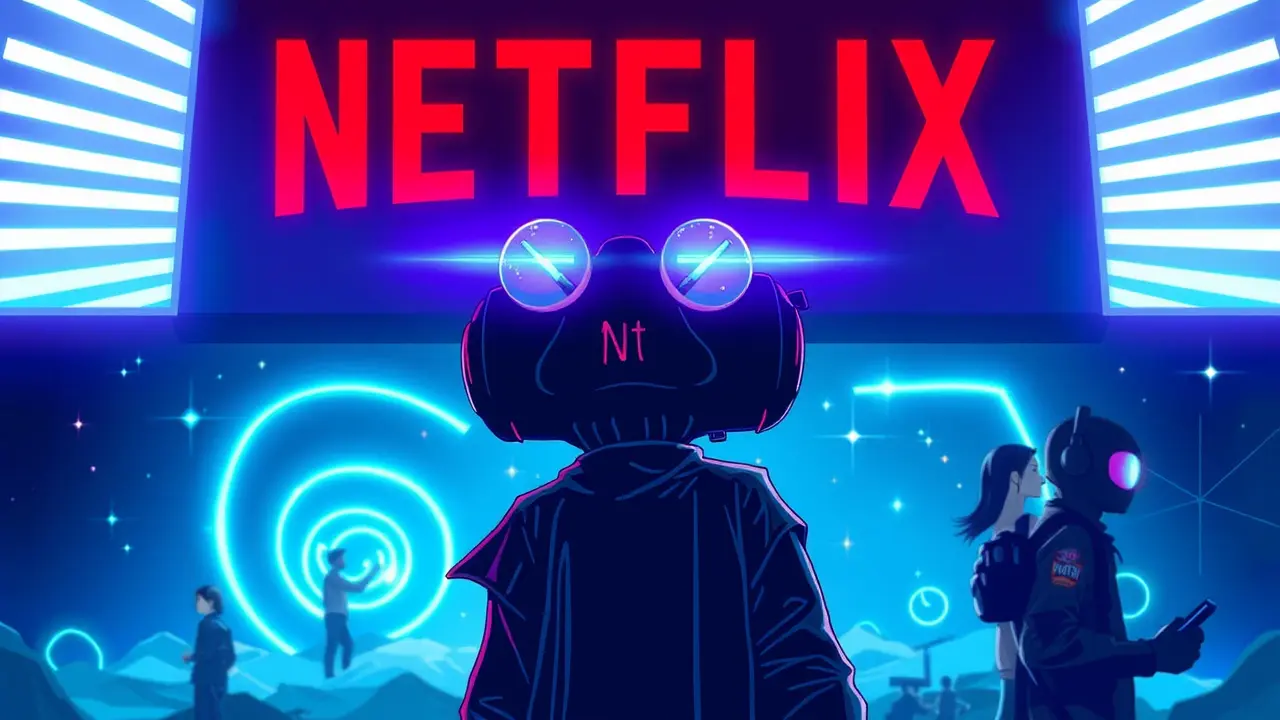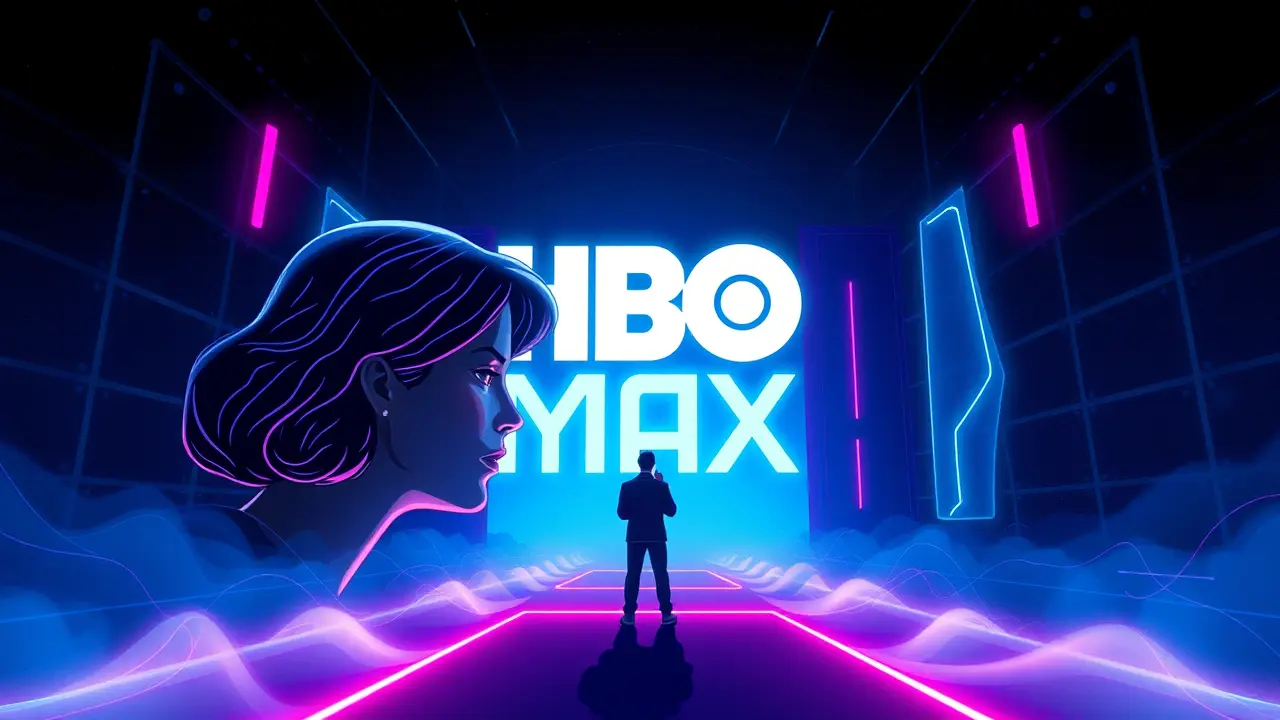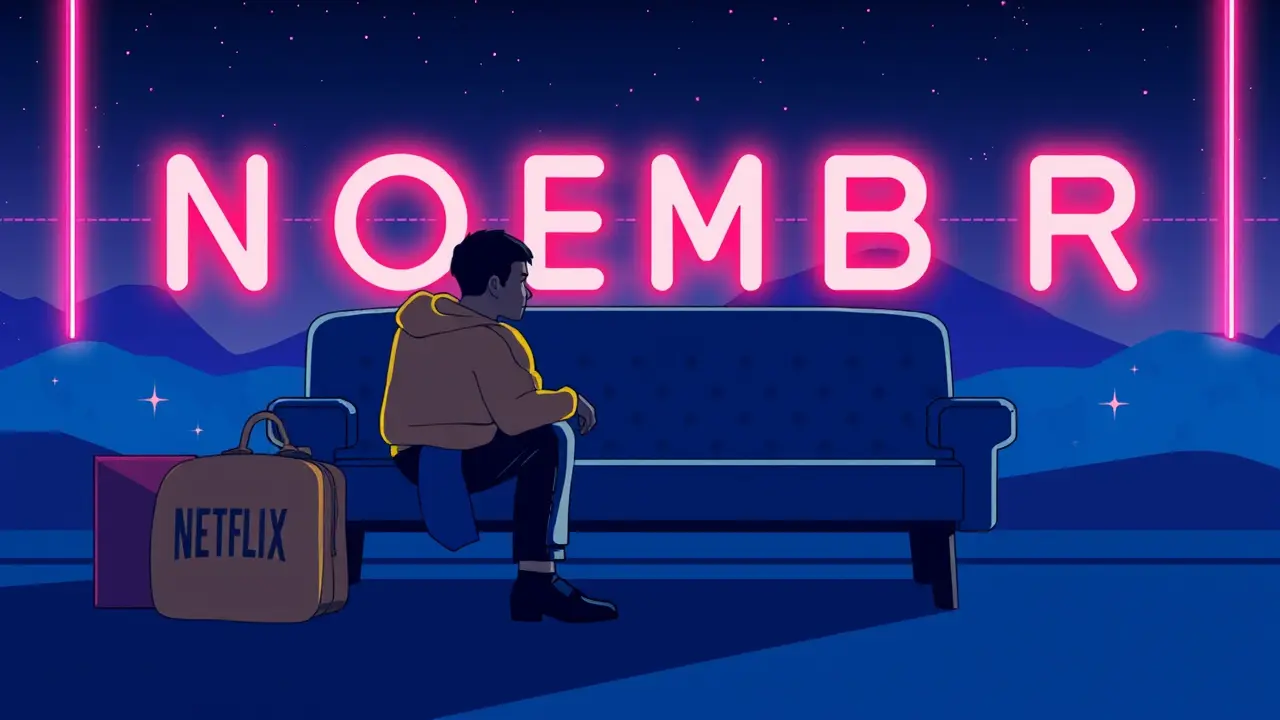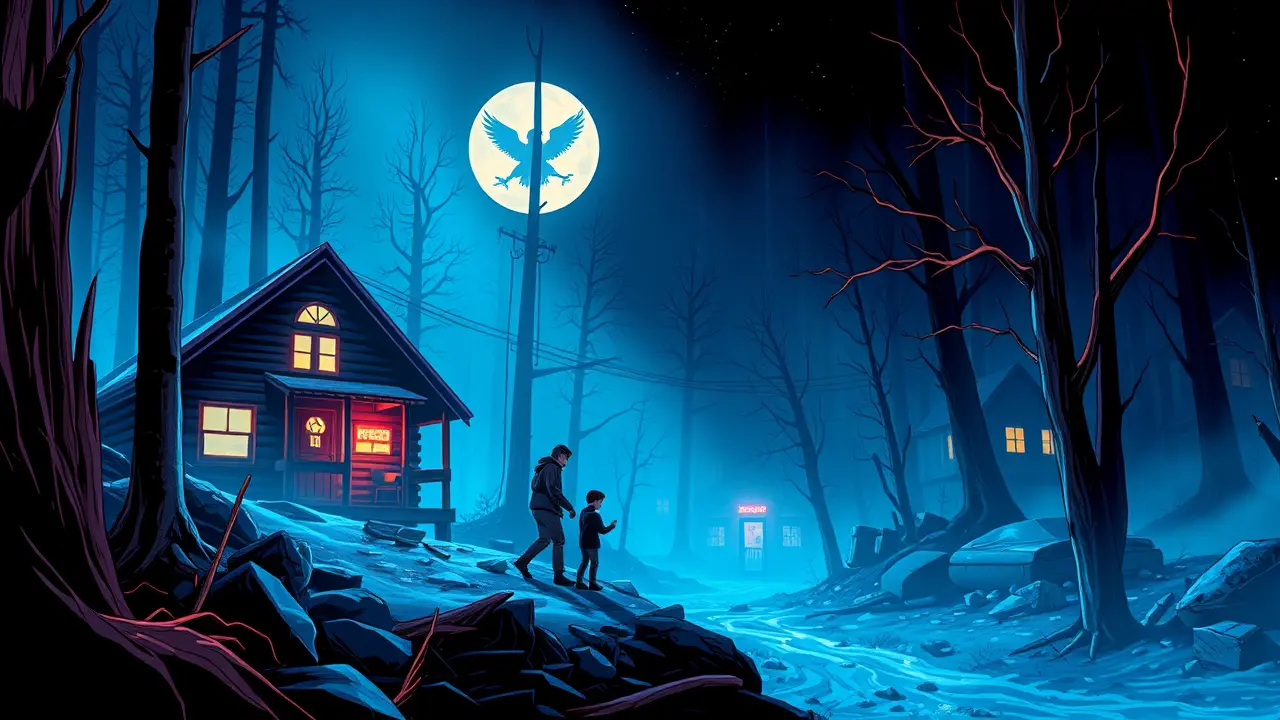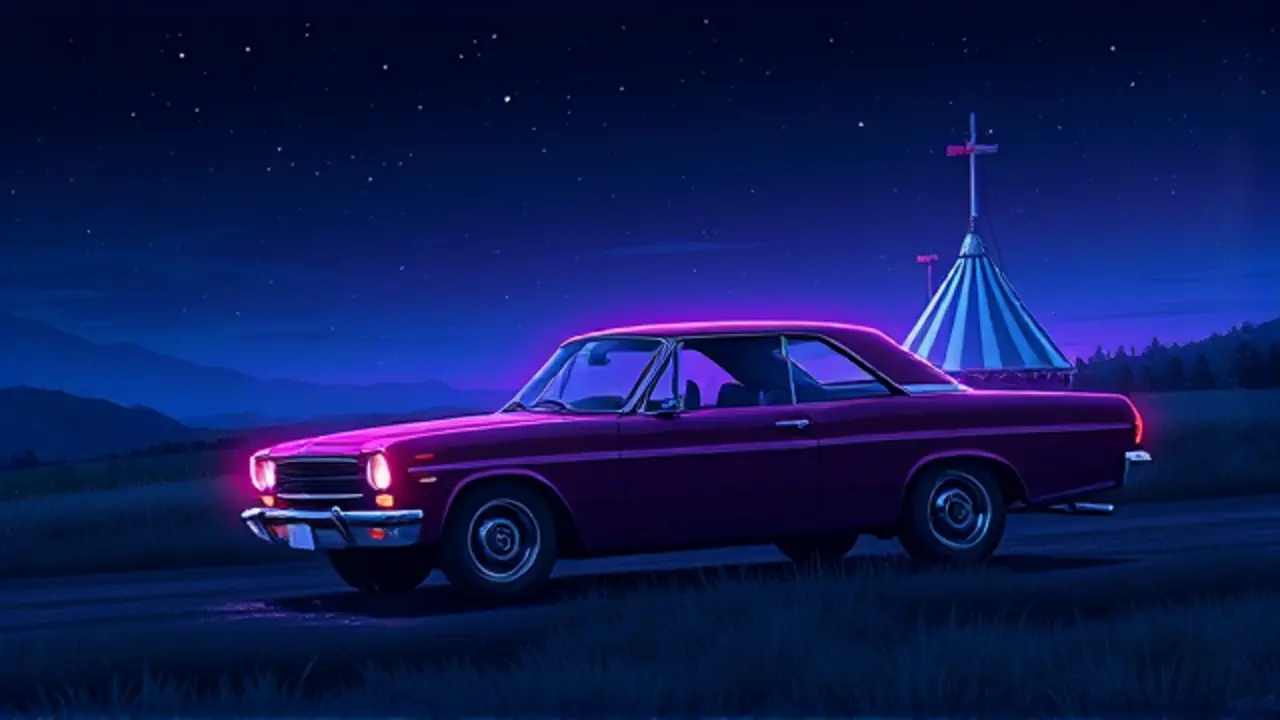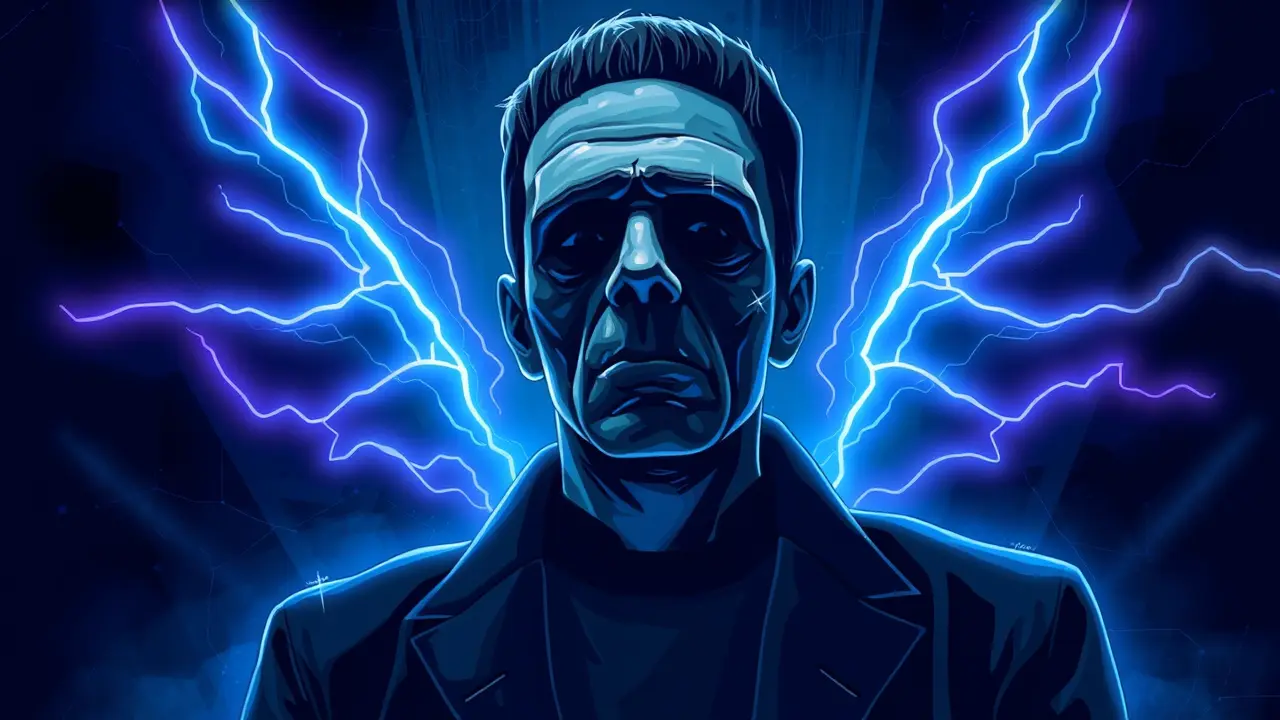
EntertainmentmoviesDirectors and Producers
Guillermo del Toro Hopes He’s Dead Before AI Art Goes Mainstream
AM
Amanda Lewis
3 days ago7 min read
In a conversation that felt less like a standard press interview and more like a masterclass in cinematic moral philosophy, legendary director Guillermo del Toro has drawn a line in the sand, telling WIRED that he genuinely hopes to be deceased before the specter of AI-generated art becomes a mainstream cultural force. For del Toro, the creator of modern gothic masterpieces like *Pan's Labyrinth* and his Oscar-winning take on *The Shape of Water*, this isn't merely a Luddite's fear of new technology; it is a profound, deeply personal lament for the soul of creation itself, a soul he sees as being systematically extracted by the very real Victor Frankensteins of our time—not mad scientists in remote castles, but the tyrannical politicians and the myopic, profit-obsessed tech bros of Silicon Valley who are, in his view, stitching together a monstrous new future without any of the humanity that gives art its purpose.Del Toro’s entire filmography is a testament to the sacred struggle between the mechanical and the miraculous, from the clockwork precision of the Faun's tasks to the cold, industrial machinery that threatens the amphibian man, and his warning about AI feels like the logical, terrifying culmination of this lifelong theme. He speaks not as a technophobe—after all, his films are feats of technical wizardry—but as a humanist who understands that art is born from struggle, from the messy, unpredictable, and often painful wellspring of human experience, something no algorithm, trained on the stolen labor of millions of artists, can ever truly replicate or comprehend.The real horror, he implies, is not the AI itself, but the ecosystem it creates: a world where art is devalued into mere content, where the unique voice of the painter, the writer, the filmmaker is drowned out by an infinite, soulless regurgitation of data, all controlled by a handful of corporations whose primary allegiance is to shareholder value, not cultural enrichment. This is the modern tyranny, a quiet, insidious coup against the imagination, and del Toro positions himself as a canary in the coal mine, a storyteller who would rather witness the end of his own story than the end of storytelling as a deeply human endeavor.His comments resonate with the ongoing, fractious debates in Hollywood, where writers and actors have fought bruising battles for protections against studios using their likenesses and words to train AI systems that could ultimately render them obsolete, a real-world manifestation of the very fears he articulates. It’s a battle for authorship, for the very idea that a creative work is an expression of a singular consciousness, a concept that AI, in its fundamental nature, seeks to dismantle. Del Toro’s stance is a powerful, poignant critique that goes beyond the screen; it’s a warning about a future where the magic of not knowing how a trick is done is replaced by the bleak certainty of a mathematical formula, where the golem, devoid of the divine spark, finally turns on its creator and extinguishes the light altogether.
#featured
#Guillermo del Toro
#AI art
#Victor Frankenstein
#Silicon Valley
#film director
#technology criticism
#WIRED interview
Stay Informed. Act Smarter.
Get weekly highlights, major headlines, and expert insights — then put your knowledge to work in our live prediction markets.
Related News
Comments
It’s quiet here...Start the conversation by leaving the first comment.
© 2025 Outpoll Service LTD. All rights reserved.
